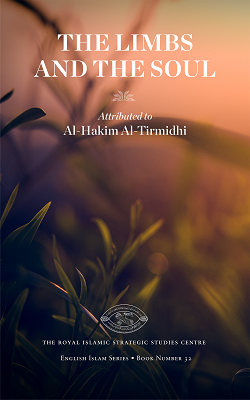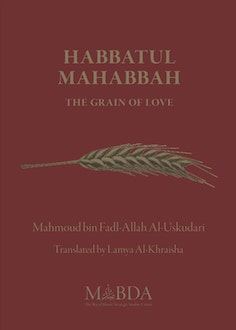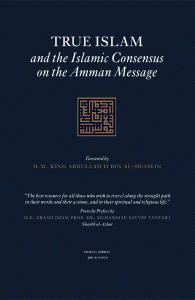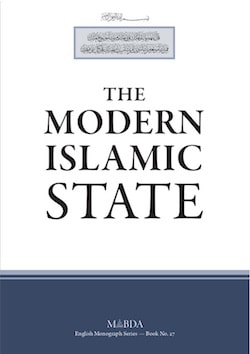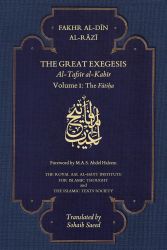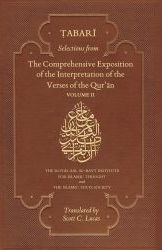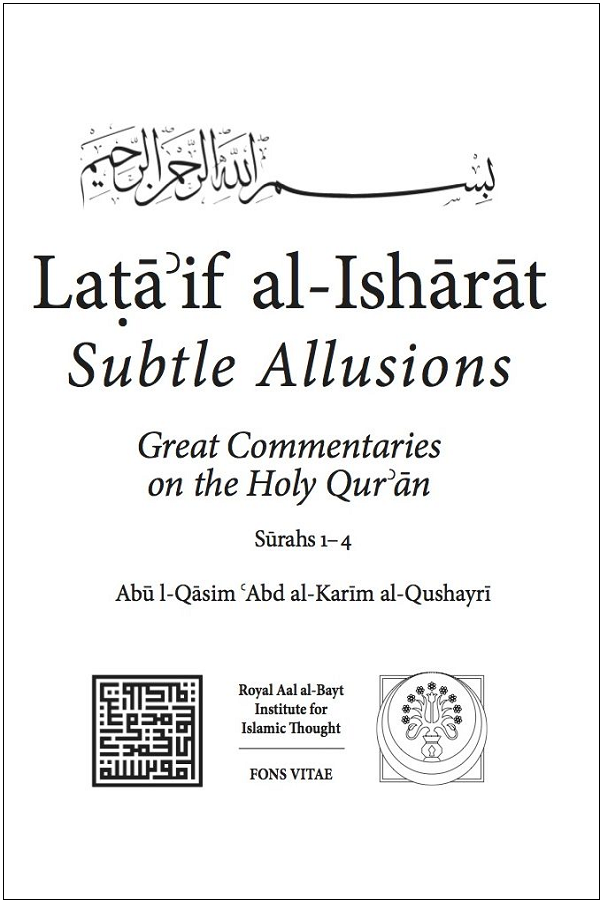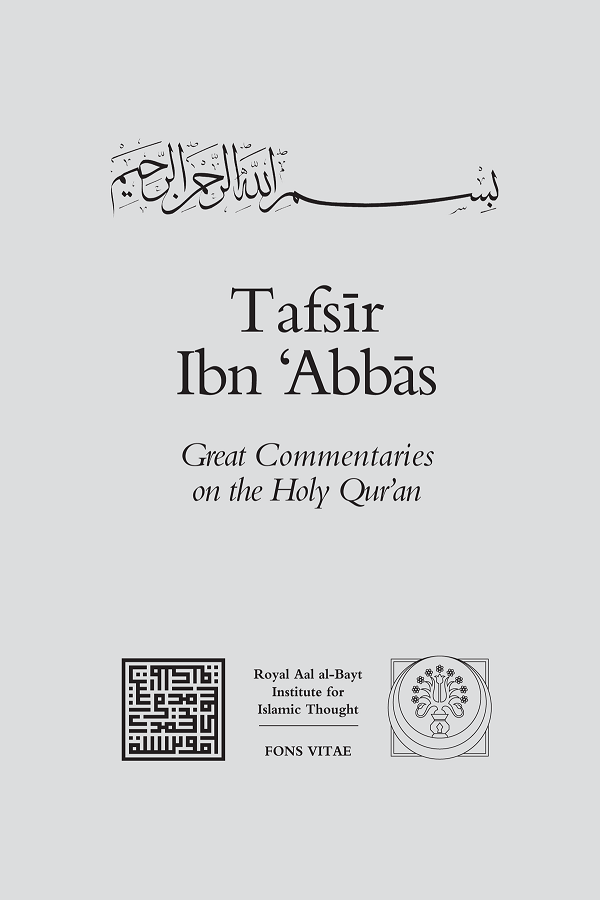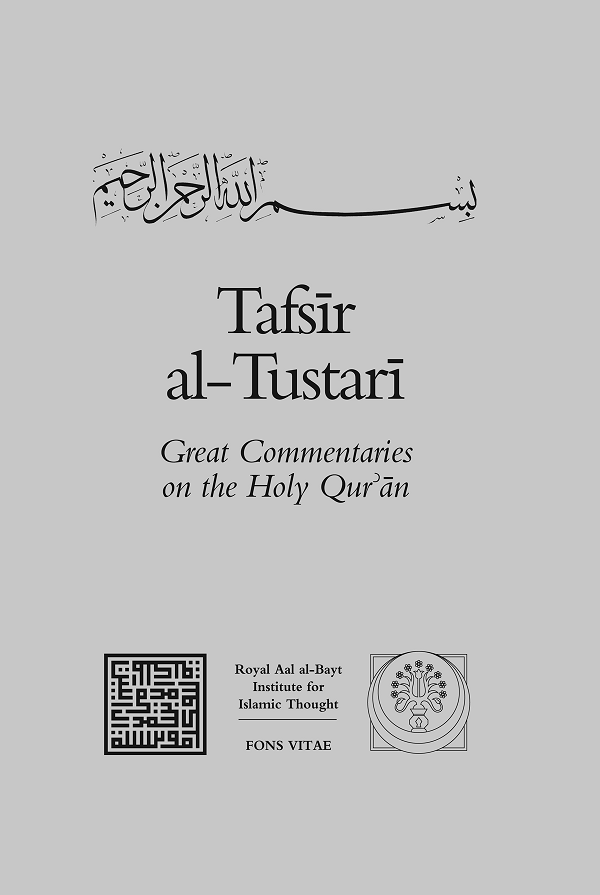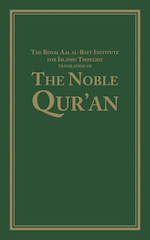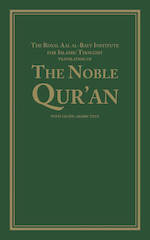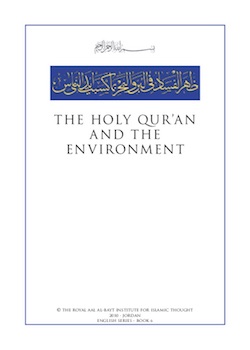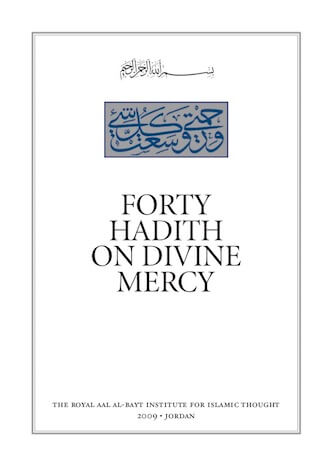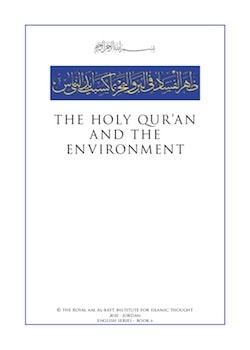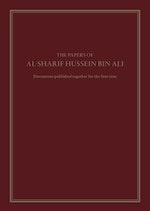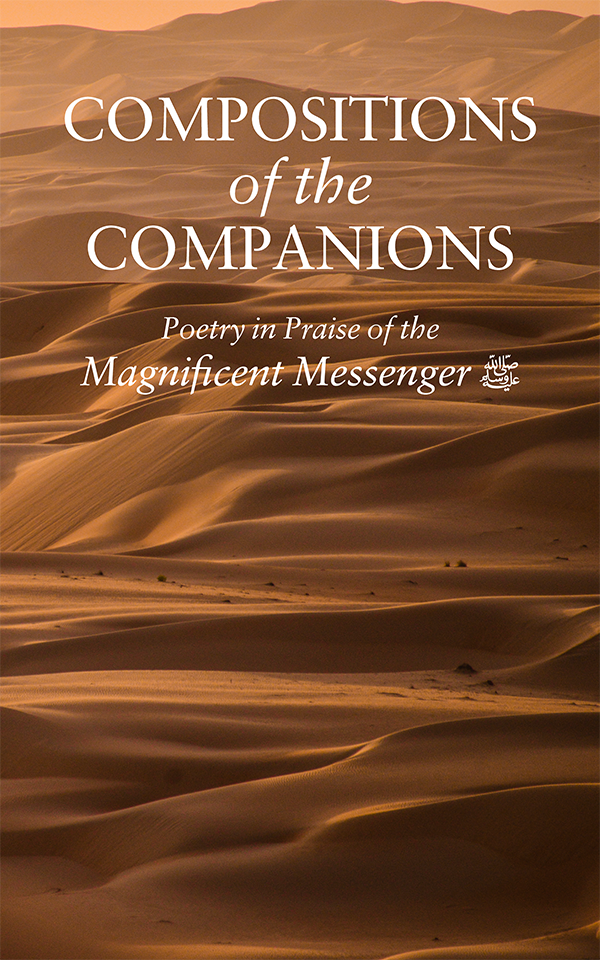Article by Bill Warner: “IS A NICE MUSLIM A GOOD MUSLIM?” A Response
Warner poses the question “What is a Muslim?” He says that a person is a Muslim when he follows the doctrine of Islam, and that when that person does not follow the doctrine of islam he is a kufr. The correct answer to the question is that Muslim is one who exhibits the attributes of Islam. The word islam means “submission to God.” Islam has four levels of meaning. First, there is the fact that every created thing submits to God by being God’s handiwork. In this respect no choice is involved. In the next three senses the freedom to choose is a factor. These three senses are submission to God’s guidance as brought by the Prophets, submission to God’s guidance as taught in the Qur’an and finally there is the sense that the Muslim is one who observes the Five Pillars in general and the Shariah in particular.
As regards Warner’s statement that a kufr is someone who does not follow the doctrine of islam he is mistaken. The meaning of the word kufr is much more profound that a mere reference to one who does not pay external allegiance to the Islamic faith. The word kufr means “truth concealer.” A kufr is one who “covers up” and “conceals.” A kufr is ungrateful, and conceals truth. The word kufr does not mean “unbelief” so much as “ingratitude.” To be ungrateful to God is regarded as a terrible sin, involving as it does the rejection of Truth which is His guidance to mankind.
The meaning of the word kufr is well illustrated by its opposite which is iman. Iman is “gratitude.” Iman means submission to God’s guidance by following the teachings of the Prophets. Iman means faith, which suggests a commitment to Truth. Iman requires faith and entails a commitment to the search for knowledge. Iman means an acceptance that human knowledge is simply one form or another of ignorance. Instead, all knowledge is to be found in God Who is Reality. As the shahadah puts it: “There is no god but God.” God is the Knowing. There is no god but the Knowing. All Knowledge comes from God. This is what it means to have faith. To have faith is to be grateful for the possibility of that knowledge, and to be committed to finding that knowledge. The Muslim is one who submits to Reality, in the search for Truth which the Muslim believes is more than what he himself knows. The Muslim is one who believes in Revelation.
Warner is incorrect in his assertion that when one does not follow Muslim doctrine one is a kufr. The Qur’an is clear that “many of mankind” bow to God. It frequently refers to such people as Muslims; that is those who have submitted to Reality. Obviously such people are not only followers of the religion which appeared on the Arabian Peninsula in the seventh century. None of the eight Qur’anic verses that mention the word islam itself refer exclusively to this religion, since the broader context of the term is always in the background. Some Muslims are entirely prepared to accept that every revealed religion is one of the forms of islam, just as the message of all the prophets is tawhid.
Warner asks the question: “How do we know if a Muslim is “good” or “bad”?” As we have seen the word kufr does not mean just mere external allegiance to the Sunna and the Qur’an. A “good” Muslim is one who does not conceal Truth. Evil comes from the darkness that belongs to a state of non being. The evil person is one who is alienated from himself, rather than one who does not submit to an external set of dogma. A good Muslim is one who is not alienated from himself, because he does not worship gods. He worships God. It is entirely possible to follow the Qur’an and the sunna, but have no faith, no commitment to Truth. Christ called such people Pharisees. They were truth concealers. They were hypocrites. They believed in the world of appearances, rather than the world that is.
Warner contends that the Qur’an does not include the “Golden Rule,” common to all the world’s religious traditions. He is incorrect. Examples of references to the “Golden Rule” in the Qur’an are as follows: “Woe to those...who, when they have to receive by measure from men, exact full measure, but when they have to give by measure or weight to men, give less than due.” The Qur’an commands: “Those who show their affection to such as com to them for refuge and entertain no desire in their hearts for things given to the (latter), but give them preference over themselves.” “None of you truly believes until he wishes for his brother what he wishes for himself.” “That which you want for yourself, seek for mankind.” "The most righteous of men is the one who is glad that men should have what is pleasing to him, and who dislikes for them what is for him disagreeable."
Warner is incorrect in his assertion that those who do not believe in Muhammad are kufrs. For Muslims God’s Word is the Qur’an. Muhammad is the messenger of the Word, rather than the Word itself. The Qur’an insists that Muslims should not differentiate among the Prophets of God. Each Prophet was sent by God with guidance, and the primary message of each Prophet is the same. The Qur’an says that the later Prophets came to confirm the messages of the earlier Prophets, but also that the details of the messages differ. The idea that every messenger comes with a message that is specific to the people to whom he was sent, and that differs from other religions, is deeply rooted in the Islamic consciousness. It is reflected in the titles that are customarily given to the great messengers in Islamic texts. In some Islamic countries there is a belief that all religions accept the first shahadah, but that each religion has a second shahadah different from that of Muslims. Thus Christians might say: “There is no god but God and Jesus is the spirit of God.”
Warner asserts that most of the Qur’an is about kafrs (sixty one per cent he alleges). This is incorrect. Most of the verses of the Qur’an are neither about Muslims, nor about kufrs, but about God and previous prophets. Other parts of the Qur’an deal with legislation, the Ten Commandments, and The Golden Rule. In terms of violence there are, unlike the Old Testament of the Bible, no references to total war as contained in the Books of Deuteronomy and Judges. To be frank, it is just not a useful exercise for someone as ignorant about the Qur’an, as Warner clearly is, to attempt any kind of analysis of its sacred texts. The Islamic tradition requires people to be educated over a period of many years before they are judged fit to make any kind of educated comment about the Qur’an. Such an education requires the individual concerned to have a through grasp of Arabic, and be trained in the use of non linear texts and Semitic dialectic. Anyone who attempts to understand the Qur’an within the boundaries of the dualistic, Cartesian conditioned mind is going to make serious mistakes. It is a pity that Warner does not have the intellectual humility to understand this. Understanding the Qur’an requires a degree of purity of heart, and poverty of spirit that is rarely indeed.
Warner alleges that: “action against kufrs is jihad.” This is incorrect. He does not understand the meaning of jihad. A common translation of the word jihad is “Holy War.” This is highly misleading. The Qur’anic use of the word jihad is very broad. The basic meaning of the verb is “to struggle.” The Qur’an often uses the word struggle along with the expression “in the path of God.” The path of God is the path for right conduct that God has set down in the Qur’an and in the example of the life of the Prophet Muhammad. Submission to God entails a struggle. Receptivity to God’s command requires people to be active towards all the negative tendencies in society, and within themselves and which pull them away from God. Submission to God, and struggle in His Path go together harmoniously, and neither is complete without the other. Salat, zakat, fasting and hajj all entail struggle. It takes an enormous inner effort of will to submit to an authority that breaks not only with one’s own likes and dislikes, but also with the pressure of society to conform to the crowd. It is often said that jihad is the Sixth Pillar of Islam. Struggle in the path of God is a necessity for all Muslims. It is fundamentally not about the imposition of violence on “unbelievers.”
Warner finishes his article with the suggestion that, by following the example of Muhammad, they will be committing actions that are “bad.” The best way in which to respond to such an assertion is to make the following points about the character of Muhammad and his impact on the life of those who model their lives on his example. Muhammad is Islam humanly embodied. He is the perfect embodiment of God’s recitation. He is God’s perfect servant. Free submission of himself to god was the abiding characteristic of Muhammad’s life. He has responded to the Divine Trust, and living up thereby to the responsibility which is inherent to the human condition. The Prophet Muhammad has, at great personal cost, submitted to the Divine requirement for him to be a vessel of Revelation. The Prophet did not forget his Divine Origins. He was, therefore, able to manifest the Divine Names.
Warner’s article is deeply flawed in its analysis and should not, therefore, be regarded as a serious comment on Islam. Quite clearly, he does not understand the intellectual principles which underpin Sacred Tradition across the world. He does not appear to have any knowledge of the principles necessary for an effective understanding of the text of the Qur’an. Islam is fundamentally a religion of peace. Furthermore, it is extremely irresponsible for someone to propagate the kind of clichéd misunderstandings about Islam that Warner does in his article, given that much of the current violence in the world is the direct result of such misunderstanding. The world desperately needs commentators able to penetrate beyond the veil of misunderstanding that prevents the world’s Sacred Traditions from being understood for what they really are. Warner is quite clearly not in this category. Consequently, his article is yet another example of an analysis which is the fruit of a distorted lens. Warner’s world is one in which the world’s Sacred Traditions have their inner meaning twisted and contorted to a point where they are no longer the instruments of peace, harmony and unity for which God has intended them to be. Matthew 7:16 says: “By their fruits you shall know them.” The fruits of Bill Warner’s work indicate that, quite clearly, he does not know what he is talking about.


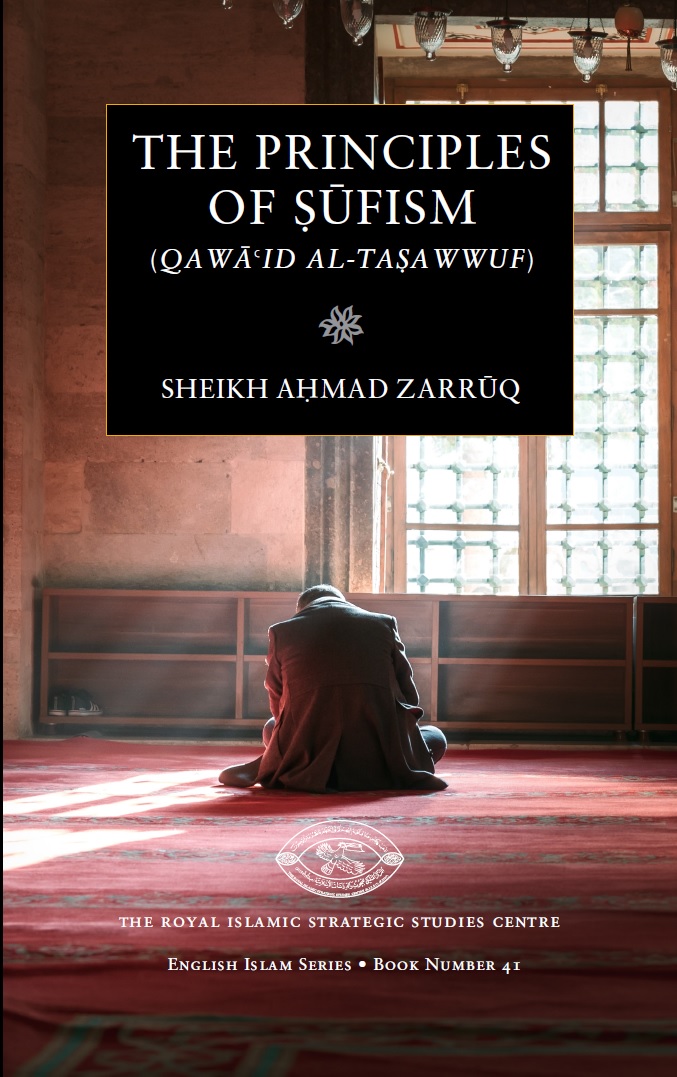
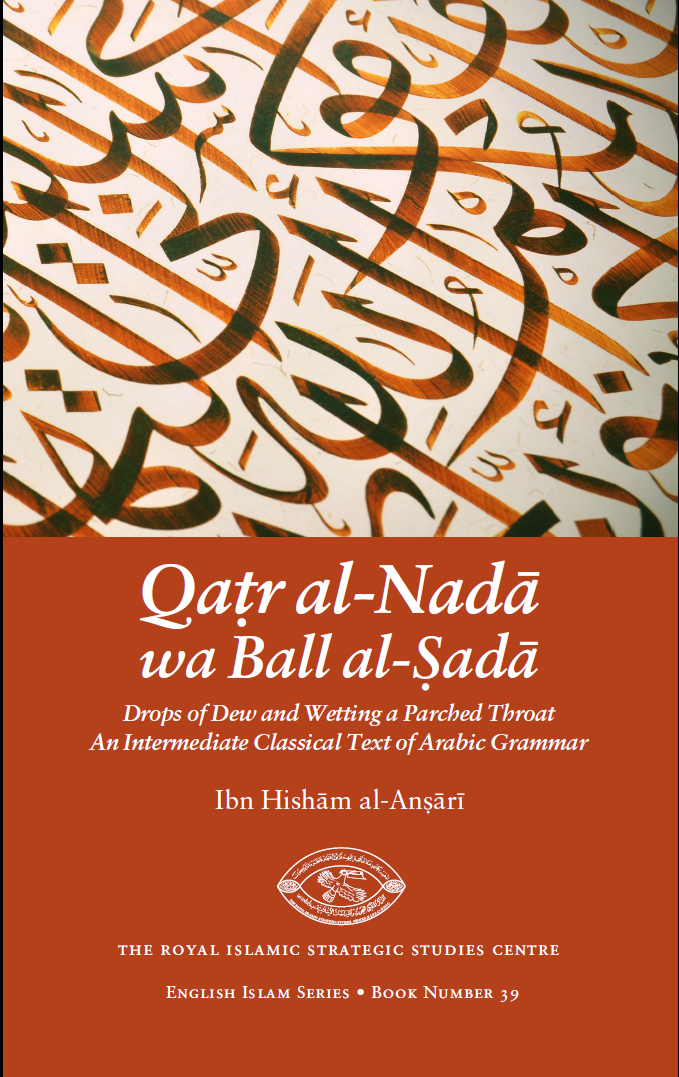
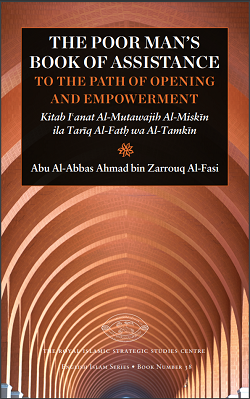
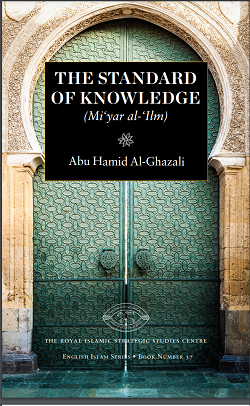
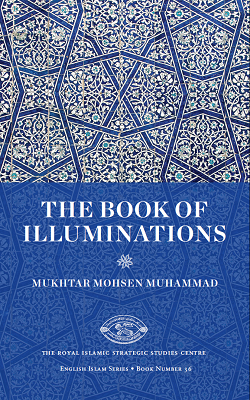
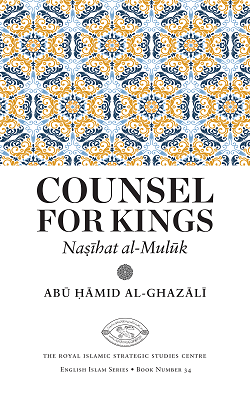
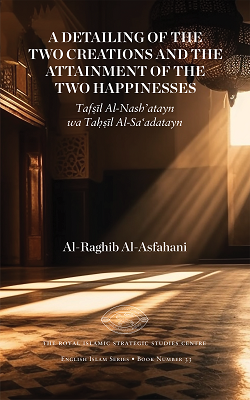
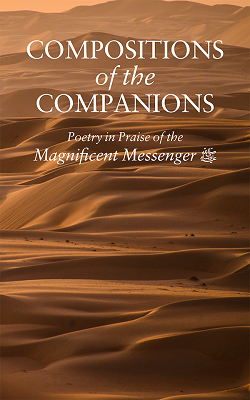
![OrnamentsofGatherings_EnglishArabic_BookSingles_05-06-23[63]_Page_001](https://rissc.jo/wp-content/uploads/2023/06/OrnamentsofGatherings_EnglishArabic_BookSingles_05-06-2363_Page_001-scaled.jpg)
